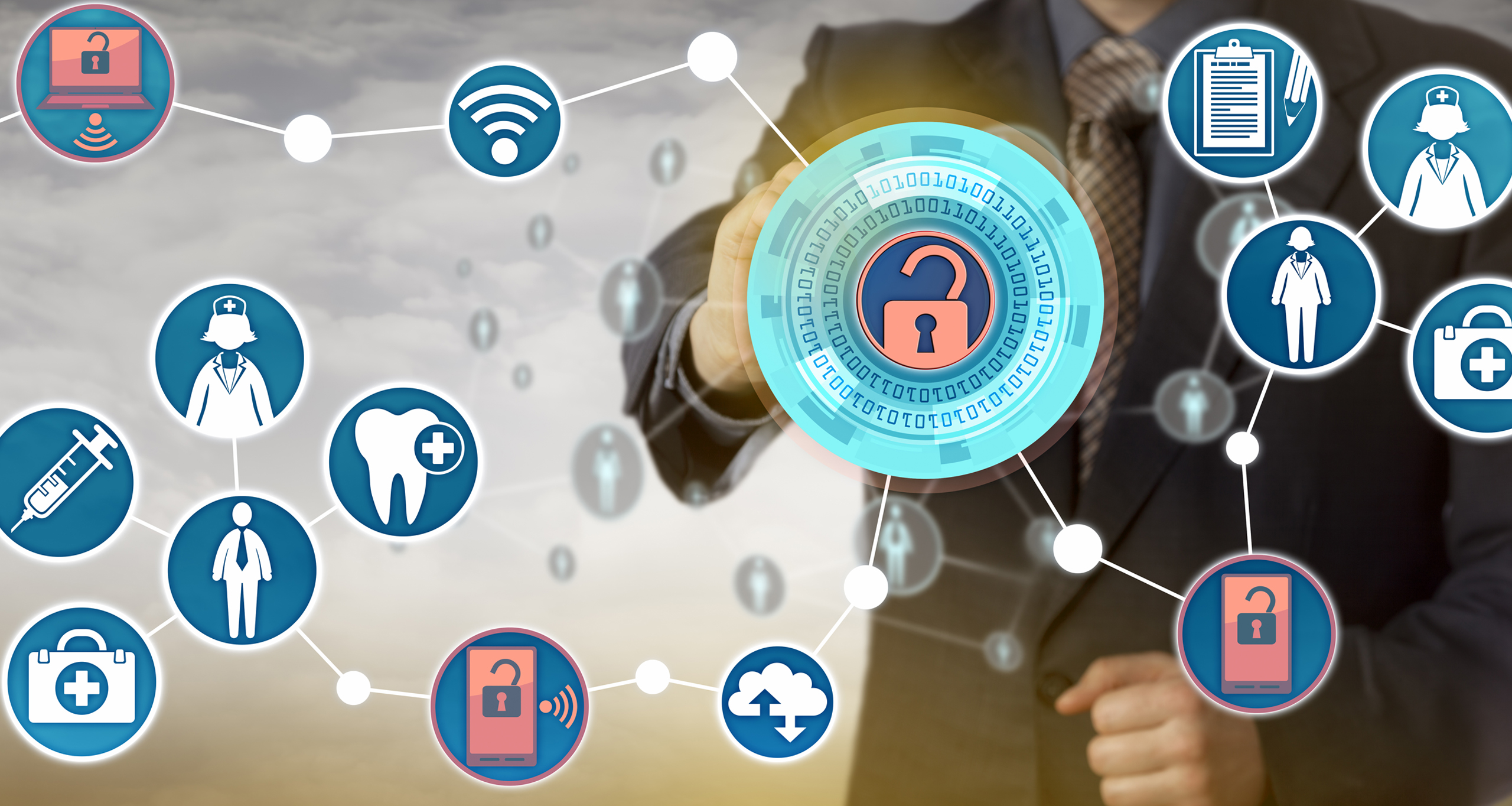Description
About the workshop:
This webinar intends to equip participants with the knowledge and skills to navigate the complex landscape of healthcare data exchange. Learn about the importance of standards like HL7, FHIR, and DICOM. We will discuss the key applications, uses frameworks, drivers and challenges to true interoperability in healthcare.
We will look at how Data and Systems Integration & Interoperability impacts patient care, driving innovation discovering how healthcare organisations are leveraging interoperability to improve patient outcomes, reduce costs, and drive innovation.
Learning outcomes:
1. Gain a comprehensive understanding of what Health Data Integration and Interoperability is and its impact on effective care delivery in a healthcare system.
2. Understand the benefits of Health Data Integration and Interoperability including improved patient care, reduced medical errors and increased efficiency.
3. Understand the role of FHIR (Fast Healthcare Interoperability Resources) in Health Data Integration and Interoperability and how it works.
5. Understand the challenges associated with Health Data Integration and Interoperability including data security, privacy and data governance.
6. Understand the role of Blockchain in Health Data Integration and Interoperability and how it can be used to improve data security and privacy.
7. Understand the potential of Health Data Integration and Interoperability in population health management, chronic disease management and accountable care.
Session date : 28th July, 2023 (Friday)
Timings : 06:00 p.m. – 07:30 p.m.
Mode of Workshop : Online.
About the Instructor
With 18+ years of experience in healthcare technology, Ms Ishwarya Muthukrishnan , Customer Success Leader comes with extensive knowledge in the domain. Here at GAVS, she is leading a digital transformation initiative for one of India's largest hospital chains enabling caregivers across departments to deliver improved and effective care. Throughout her career, Ms Ishwarya has optimised operations across analysed complex healthcare systems by driving innovative technology adoption. She has collaborated with numerous healthcare organisations, providing invaluable insights and guidance on the integration of technology to improve patient care, enhance efficiency and streamline workflows.
Application of this topic
Understanding data exchange standards:
Healthcare data interoperability requires the use of standardised protocols and formats to exchange data between different systems. By undergoing training, college students can learn about these standards, such as HL7 and FHIR which are widely used in the industry. Understanding these standards can help students become better prepared for future healthcare roles.
Improved collaboration:
Healthcare data interoperability is essential for enabling different stakeholders to collaborate effectively, including healthcare providers, patients, payers and public health agencies.
Better patient care:
Interoperability of healthcare data is critical to providing coordinated care across different providers and settings. By learning how to exchange data effectively, college students can contribute to improving patient outcomes and reducing medical errors.
Improved value addition for efficiency:
Interoperability of healthcare data can also contribute to improved efficiency in healthcare operations. By learning how to integrate different systems and data sources, college students, professionals and researchers can help healthcare organisations streamline their operations and reduce costs


Reviews
There are no reviews yet.